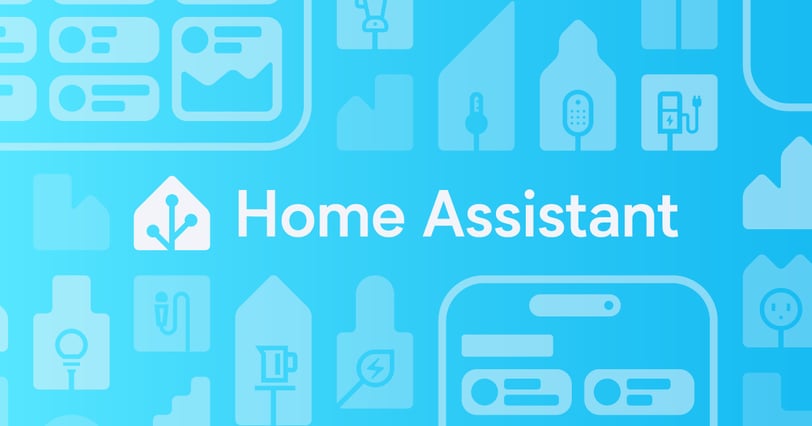What is Home Assistant and What Is It Used For?
Discover how Home Assistant can transform your home into a smart, secure, and internet-independent environment. Control lighting, sensors, and devices locally, ensuring more privacy and efficiency. Explore the benefits, requirements, and reasons to adopt this powerful home automation platform! 🚀
HOME ASSISTANT
3/14/20252 min read


Home Assistant: What Is It and Why Is It So Popular?
Home automation has become more accessible, allowing users to control their homes smartly and efficiently. Home Assistant is one of the most popular platforms for this purpose, offering an open-source and flexible automation solution. But what exactly is Home Assistant, and why does it stand out compared to other solutions?
What is Home Assistant?
Home Assistant is an open-source home automation platform that enables the integration and control of smart devices from different brands and protocols. It can be installed on a local server, such as a Raspberry Pi, dedicated computer, or cloud server, providing total control and security over data.
Examples of Using Home Assistant
Home Assistant is highly versatile and can be used for various applications, such as:
Lighting Control: Automate lights to turn on at sunset or when motion is detected.
Camera and Sensor Monitoring: Integrate security cameras and motion sensors for real-time home surveillance.
Climate Control: Manage your home's temperature by adjusting air conditioning and heaters as needed.
Smart Locks: Set up electronic locks to open remotely or with biometric recognition.
Routine Automation: Create personalized scenarios, such as turning on the coffee maker and opening curtains when you wake up.
Benefits of Home Assistant
Home Assistant offers several advantages for those wanting an efficient smart home:
Manufacturer Independence: It integrates devices from various brands, eliminating dependence on a closed ecosystem.
Increased Privacy and Security: Data is processed locally, preventing sharing with third-party servers.
Unlimited Customization: Supports advanced automation and customization via YAML or Node-RED.
Active Community: A large community of developers and users constantly shares solutions and improvements.
Works Without Internet: Unlike many other automation solutions, Home Assistant does not rely on the internet. This means that even if your connection drops, your devices will continue functioning normally. It also reduces automation latency, making the system faster and more efficient.
Minimum Requirements for Home Assistant
To run Home Assistant, you need:
Hardware: A Raspberry Pi 4 (recommended) or a computer that supports Docker.
Storage: A 32GB microSD card or SSD for better performance.
Network: Internet connection and a Wi-Fi router to integrate smart devices.
Operating System: Can run on Home Assistant OS, Docker, Windows, Linux, or macOS.
Why Choose Home Assistant Over Other Platforms?
There are many home automation platforms available, such as SmartThings, Google Home, and Apple HomeKit. However, Home Assistant stands out for the following reasons:
Better Compatibility: Supports over 1,000 device integrations and protocols like Zigbee, Z-Wave, and MQTT.
No Cloud Dependency: It works locally, ensuring better privacy and lower latency, meaning automations will continue without an internet connection.
Free and Open-Source: No monthly fees, constantly updated by the community.
More Advanced Automations: Allows the creation of complex routines that other systems cannot accommodate.
Conclusion
Home Assistant is the ideal choice for anyone who wants a fully customizable, secure, and manufacturer-independent smart home. With Home Assistant, you have complete control over your home automation, ensuring privacy, flexibility, and a constantly updated ecosystem.
If you want to transform your home with real automation, try Home Assistant and discover a new level of comfort and security! 🚀
Automação
Descubra como simplificar sua automação residencial.
Conectividade
contato@conectesuacasa.com
© 2025. All rights reserved.
